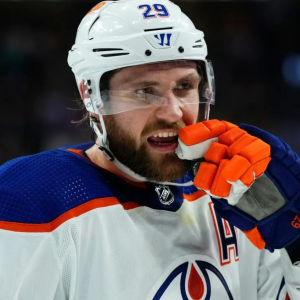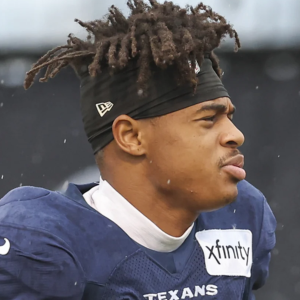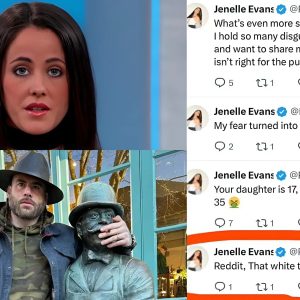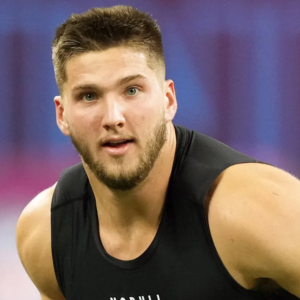In an article Monday from Harman Dayal of The Athletic, he analyzes the Vancouver Canucks competitive window with their current salary cap structure.
The Canucks experienced a 26-point jump in the standings last season while winning the Pacific Division for the first time since the division was created ahead of the 2013-14 NHL season.
Additionally, Vancouver qualified for the Stanley Cup playoffs for the third time in 11 seasons before being ousted in Round 2 by the eventual Western Conference Champions, the Edmonton Oilers.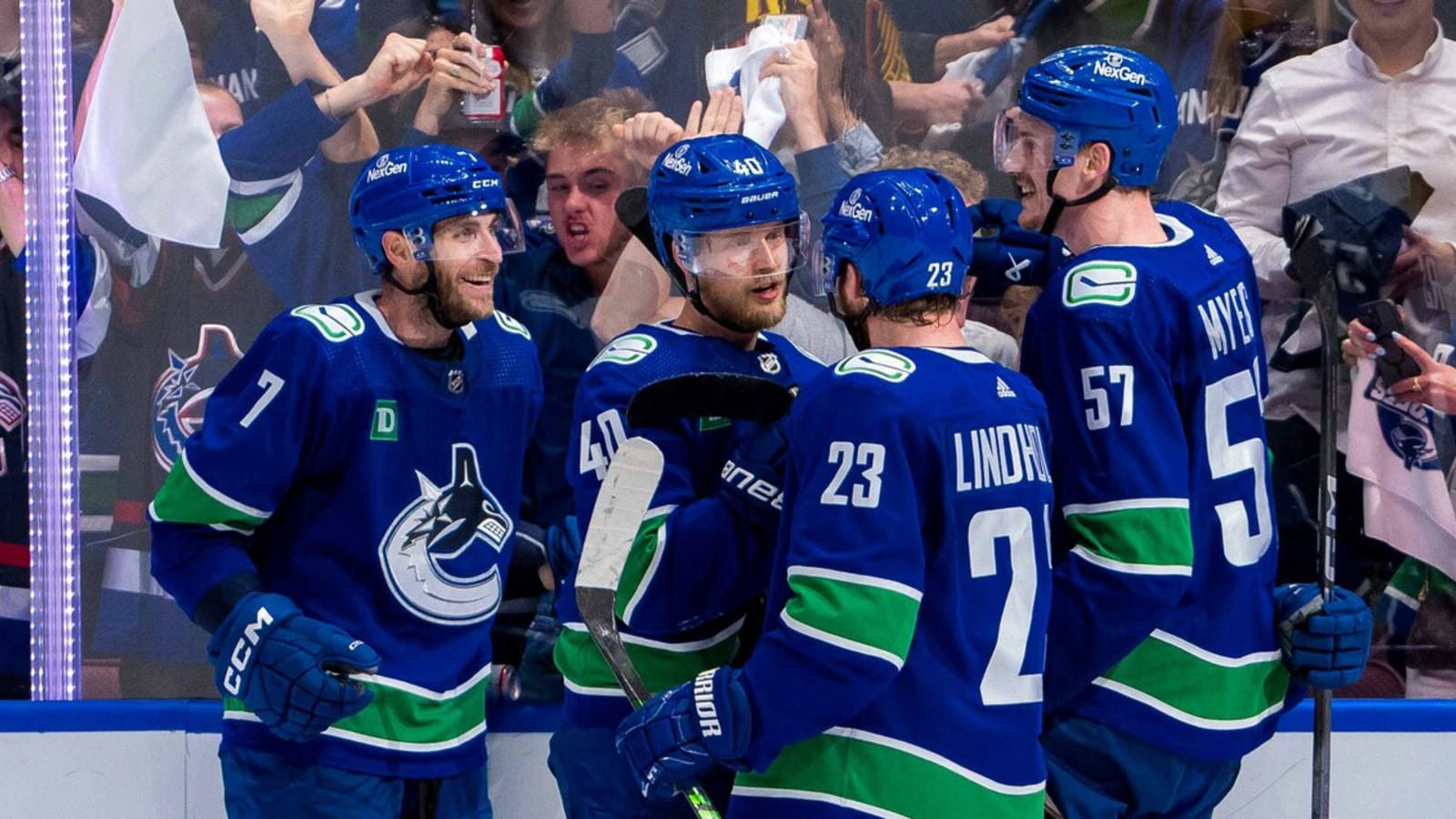
The Canucks have high-priced players at the top of their salary cap table with $11.6M and $8M contracts for forwards Elias Pettersson and J.T. Miller, respectively. The organization has just over $15K available in salary cap space according to PuckPedia but has done a nice job in parsing out the rest of their roster.
Vancouver arguably has two of the better bargain contracts in the league with defenseman Quinn Hughes ($7.85M until 2026-27) and goaltender Thatcher Demko ($5M until 2025-26).
Dayal argues that the Canucks are similar to the Tampa Bay Lightning in the late 2010s and the early 2020s as they captured two Stanley Cup Championships while paying Andrei Vasilevskiy, Mikhail Sergachev, Anthony Cirelli, Brayden Point and Blake Coleman well-below market value. Because of this, Tampa Bay was able to fill out the rest of the roster and create one of the better dynasties in the league since the Chicago Blackhawks and Los Angeles Kings.
The argument seems a little off-base as the Canucks core is a little bit further ahead in their contractual lives than the comparables from the Lightning. Tampa Bay does have the benefit of being in a no-tax state which keeps contracts lower on average but the players listed were not as far into their careers at that point.
Once the chickens came home to roost, the Lightning have been bounced from Round One in back-to-back years and the organization has had to make tough decisions to stay salary cap compliant.
This is why Vancouver’s contention window largely comes down to the contracts of Hughes, Demko and Brock Boeser. The latter becomes an unrestricted free agent at the end of next season and could earn nearly $9M if he comes close to repeating his 40-goal campaign from the 2023-24 season.
Boeser’s shooting percentage (19.6%) throughout last year was more than seven points higher than his career average which points to regression next season. If Boeser comes back down to earth near the 20-30 goal range, his asking price should come down substantially.
Hughes and Demko will be much tougher to absorb for Vancouver especially if the former continues to play at a Norris Trophy-level pace. This year’s award winner finished with 92 points in 82 games and could be in line for a contract near the $12M average on his next deal.
Regardless of the salary cap projections over the next three years, this would be a pricey contract for any team let alone the Canucks.
Demko may provide an easier contract situation to resolve as his injury history continues to mount. He did play in 51 games for the Canucks this past season while maintaining a .918 save percentage but was absent from the team for much of this year’s playoff run.
If Demko can stay healthy, this may cause a financial hurdle for Vancouver if he continues to post one of the better save percentages in the league compared to his peers.
All in all, Vancouver’s contention window is at least over the next two years with Demko and Hughes signed to team-friendly contracts. If general manager Patrik Allvin can continue to be crafty on the trade market like he was last season, the Canucks should be well poised to make a run soon.
However, much like Tampa Bay’s recent history, Vancouver could be positioned to make some difficult decisions regarding their roster in only a few short years.


